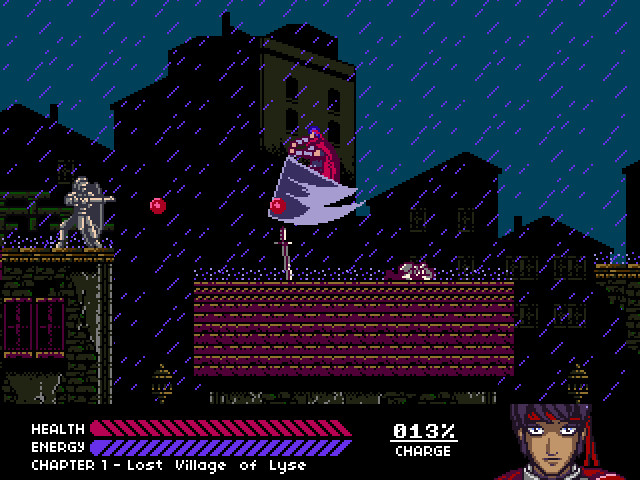

Thematically, this plays through the whole games. But making a decision is hard, and you have to make them. The important part is that the choices matter enough for you to see results but not so much as to make you worry about gaming the system, or hunting for a best ending, or whatever. Even how you give gifts and respond to pawns you hired fits this type of player expression. Which merchant do you give the gold idol to? Do you help Mercedes during her duel? Is either choice right? Who is your beloved? Do you get a ton of special dialog with your loved one? No, they just go into your house. Hell, you can just FORGE items, even important plot items. You can find evidence for and against, you can forge evidence for and against. When the merchant goes to trial, is he guilty? I mean… he probably is for SOMETHING, but it’s unclear. Do you evict the family for the rich merchant? They’re understanding that you’re just the one breaking the news and SURE you can buy the house but the game doesn’t present it as the obviously good answer. She appreciates it, but the choice doesn’t come back to haunt you. Do you give the hot merchant girl who seems a little shady a bunch of money? Sure, but it doesn’t hugely matters. The “moral” choices in these games feel more real and nuanced than other games. In fact the game goes out of its way to make SURE you know what you’re deciding. You’re not going to be tricked into making choices you didn’t even realize you were making. This isn’t Dark Souls you aren’t going to be punitively punished. What do all these stats and icons mean? Wait I got only a few places I can mark with crystals to be fast-travelable? I gotta choose that too? The game throws systems, items, loot and everything at you, forcing you to figure out what to experiment with, what to keep, what to do. Your pawn gives you abstract questions, and you chose the answer. Program your pawn with a fancy TACTICS GRID? No no no, you sit down and talk to them. You share them with the internet and how they look AND their stats matter. All these have an affect, but never an affect that is so strong you’ll regret it, or one that will keep you out of important content. Gender not only influences gear, but how some enemies react to you (but, blissfully, not who you can romance, which is…. Light? You use less stamina while moving. So many of the choices you make in the character editor affects things. Choosing is better than not choosing at all.įrom character select this happens. The game wants you to sweat your decisions, but it makes it very clear. The thing that makes Dragon’s Dogmas choices so wonderful is they are complicated, obfuscated, and with unclear inputs and outputs. In Dragon’s Dogma, the choice is the goal - or perhaps, you could say, expression is the goal, but Choice fits the theme of the game all to well. The point of the game is to play a role, and the choices are what makes that possible. Now, it’s easy to look at other games, the morality systems of a Bioware game or whatever, good and evil routes and go “These games make you choose!”, and they technically do, but the point of the game is not to choose. I could go on about the combat, how the game has some of the best feeling and satisfying variants of the Stinger attack I’ve ever felt, talk about how the classes are WEIRD, or other things but one of the most defining features of Dragon’s Dogma, that permeates its whole design is that the game wants to make the player Choose. Dragon’s Dogma still feels almost like outsider art, a beautiful jewel that nothing else is quite like. But in the decade since, Miyazaki’s vision has permeated the culture of the game, and besides coming from the same place, often aping the same references (down to Berserk), these two games could not be so similarly different. In many ways this is similar to Demon’s Souls, a reflection of western fantasies and RPGs with an entirely different value system. But instead we get back funhouse mirror reflection of the genre, seen through the eyes of someone with a very different value system. Hideaki Itsuno had a lot of the core ideas for this game all the way back in the year 2000 and he clearly was a fan of the western games he was inspired by. It feels like someone played a game of telephone, describing the conventions and goals of the big western RPG genre to the designer of Devil May Cry, who then declared “I got it” and made a game. Dragon’s Dogma the type of narrow, niche fanbase that made me know I’d love it whenever I got around to playing it and even though I knew this would happen, I wasn’t ready for quite how much I’d love it.ĭragon’s Dogma is a weird game.


 0 kommentar(er)
0 kommentar(er)
